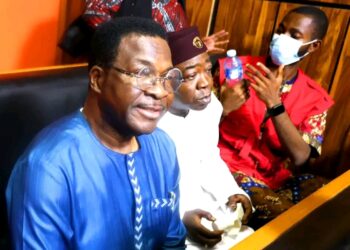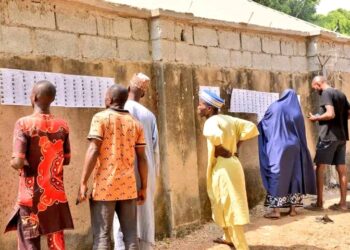The State of the Centre of Excellence (Lagos) is deepening its efforts to confront environmental challenges through a strategic partnership with the African Cities Research Consortium (ACRC).
Political Head (Commissioner) for the Environment and Water Resources, Tokunbo Wahab, revealed this during a meeting with the ACRC delegation led by Irene Vance, Head of Programme Delivery at the University of Manchester, held at Alausa.
Commissioner Wahab said the collaboration underscores Lagos’ resolve to implement sustainable urban solutions amid rising climate threats. He welcomed the selection of Lagos as one of five African cities participating in the ACRC’s urban transformation initiative, describing it as timely support for the state’s long-term environmental agenda.
The Commissioner stated that, with a land area of just 3,575 square kilometres but nearly 10 percent of Nigeria’s population, Lagos faces unique geographic and climatic pressures.
“Lagos is unique: as Nigeria’s smallest state (3,575 km²) with 10% of the nation’s population, surrounded by the Atlantic, lagoons, and creeks, our challenges demand innovation. We’re below sea level, facing extreme rainfall and rising sea levels — science confirms climate change is real, and we’re confronting it head-on,” he said.
The commissioner outlined several interventions already in motion. These include continuous dredging of major drainage channels, the establishment of pumping stations in flood-prone areas like Lagos Island, and a shift towards a circular waste management system. He also pointed to the demolition of illegal structures on wetlands and the recent ban on styrofoam and single-use plastics as part of a broader environmental response.
Commissioner Wahab said these measures, though challenging, are essential for protecting residents and securing the future of the city. He reaffirmed the state’s commitment to resilience-building for the more than 23 million people who call Lagos home.





